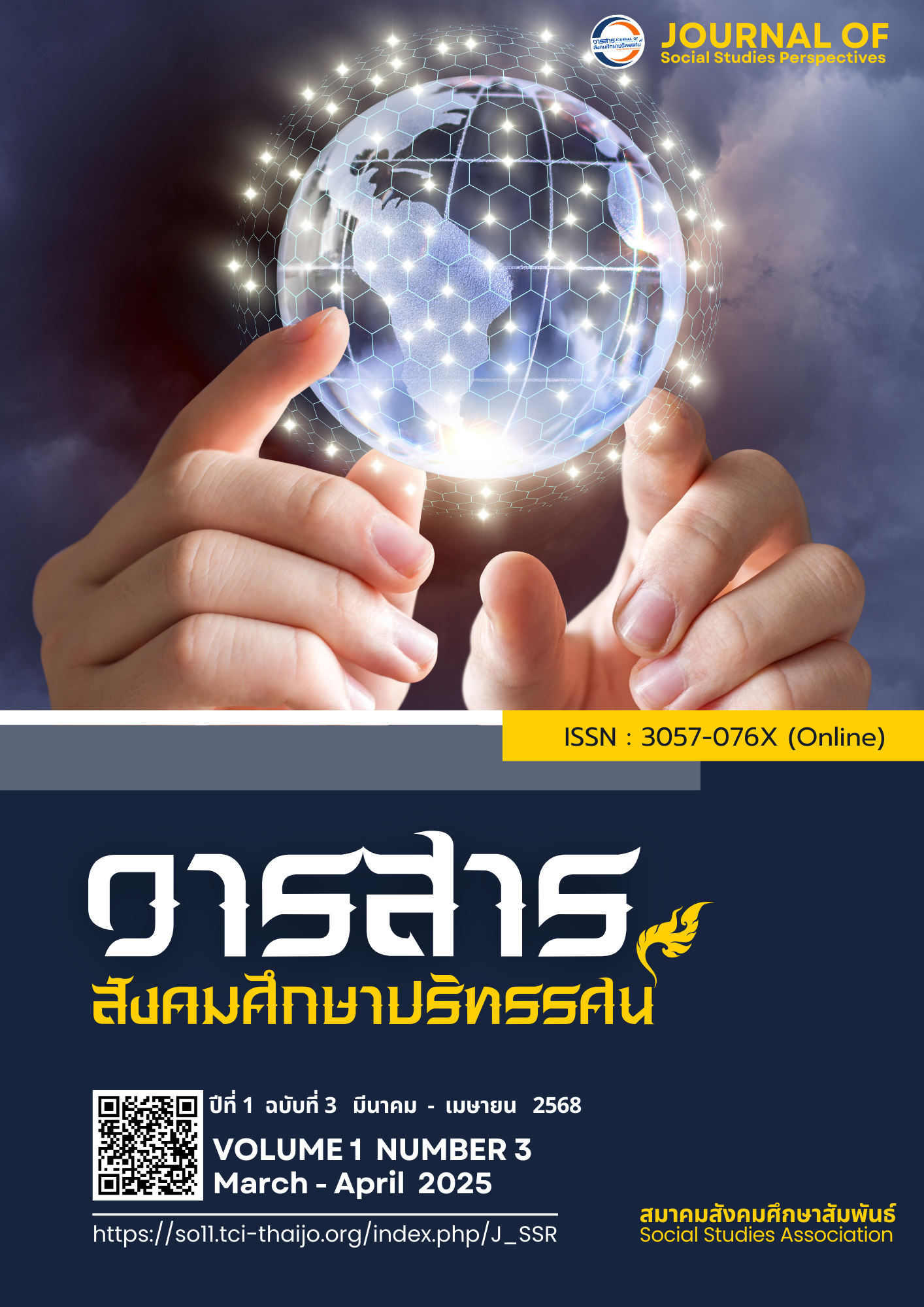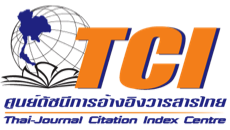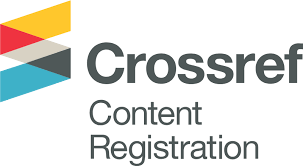THE DEVELOPMENT OF CAREER MATCH CARD GAME TO ENHANCE CAREER KNOWLEDGE FOR MATTHAYOM 1 STUDENTS AT WAT CHANTAWAN - ORK SCHOOL
DOI:
https://doi.org/10.64186/jsp1557Keywords:
Card Game, Career Knowledge, GuidanceAbstract
The purposes of this research were 1. To develop Career Match Card Game to promote career knowledge for Matthayom 1 students of Wat Chantawan Ork School and 2. To compare the career knowledge of Matthayom 1 students at Wat Chantawan Ork School before and after using a card game. The population consists of 60 Matthayom 1 students at Wat Chantawan Ork School in the first semester of the 2024 academic year. The sample includes 29 Matthayom 1 students at Wat Chantawan Ork School, selected through cluster random sampling. The research instruments include the Career Match Card Game and a Career Knowledge Test. The statistical analysis methods include mean, standard deviation, and t-test (Dependent Samples).
The results of the study were as follows: 1. The developed Career Match card game was efficiently performed with an Index of Objective Congruence ranging from 0.67 to 1.00. The comparison of career knowledge scores before and after using the Career Match card game to promote career knowledge showed that after using the Career Match card game, the average score was 62.58%, higher than before using the Career Match card game which scored 52.73%, and significantly higher at the .05 level.
This research revealed that the Career Match card game is an innovation designed based on Holland's Career Choice Theory for occupational classification. The game incorporates essential career knowledge that students need to know through cards that combine visual and content presentations. With its matching gameplay format that promotes hands-on learning, it serves as an effective tool for enhancing career understanding and knowledge among Matthayom 1 students.
References
Angkana, O. (2019). The effect of participatory learning management to enhance work and
career competencies for secondary school students. Faculty of Education, Naresuan
University.
Cook, W. R. (1967, August). Factors associated with the occupational choices of young men.
Dissertation Abstracts International.
Department of Employment. (2018). A guide to preparing for the labor market: The career
counseling process of the Department of Employment.
https://www.doe.go.th/prd/assets/upload/files/vgnew_th/b5dc9e4b64db8d73895ffd0f
faae2e1a.pdf
Department of Employment. (n.d.). Chapter 4: Components of career counseling.
https://lib.doe.go.th/ebookdoc/020400009319_4.pdf
Holland, J. L. (1985). Making vocational choices: A theory of vocational personalities and
work environments. Prentice-Hall.
Jirapa, B. (2020). Enhancing career readiness of upper secondary school students through
guidance activities. Srinakharinwirot University.
Kalayanee, K., Pattarawat, J., & Panthep, L. (2016). Characteristics indicating career readiness
of Grade 9 students at Attawit School, Bangkok. Faculty of Education, Kasetsart
University.
Kurasatean, N. (2005). The development of an advisory program for educational and career
development for upper secondary school students (Master's thesis). Srinakharinwirot
University.
Laphapong, P. (2011). Marketing factors affecting consumers' purchase of trading cards in
Mueang District, Nakhon Ratchasima Province (Master's thesis). Nakhon Ratchasima
Rajabhat University.
Ministry of Education. (2019, August 21). Announcement of the Ministry of Education on the
policies and key focus areas of the Ministry of Education for the fiscal year 2020.
Nattawut, K. (2020). Career selection of fourth-year undergraduate students at Kasetsart
University, Bangkhen Campus. Department of Accounting, Faculty of Business
Administration, Ramkhamhaeng University.
Nualjan, S. (2019). The learning achievement in mathematics and group work ability on the
topic of real number systems through cooperative learning with the STAD technique
combined with mathematics games of grade 10 students (Master's thesis). Thaksin
University.
Orcutt, L. E. (1972). Child management of instructional game: Effects upon cognitive abilities,
behavioral maturity, and self-concept of disadvantaged preschool children.
Dissertation Abstracts.
Sripipat, W. (2008). Factors in consumers' purchase of trading cards at Inimagick Shop
(Master's thesis). Burapha University.
Supavinee, L. (2016). Development of an educational game to prepare mathematical
readiness for Kindergarten 2 students at Rajamangala Kindergarten Demonstration
School. Rajamangala University of Technology Thanyaburi.
Taylor, K. M., & Betz, N. E. (1994). Applications of self-efficacy theory to the understanding
and treatment of career indecision. Journal of Vocational Behavior.
Thaksonporn, T. (2021). Project-based learning management using a multimedia mind map to
improve learning achievement on the topic of atmosphere for Grade 7 students.
Pibulsongkram Rajabhat University.
Traiphat, Y., Kitisak, R., & Thitiwich, C. (2019). The card game "Our School is a Pleasant
Academy" to reduce learning difficulties. Rajamangala University of Technology Phra
Nakhon.
Trueblood, C. R., & Szabo, M. (1974, May). Procedures for designing your own ethic games for
pupil involvement. The Arithmetic Teacher, 21(5), 405–408. https://doi.org/10.5951/AT.21.5.0405
Downloads
Published
How to Cite
License
Copyright (c) 2025 Journal of social studies perspectives

This work is licensed under a Creative Commons Attribution-NonCommercial-NoDerivatives 4.0 International License.
The article is published under the Creative Commons Attribution-NonCommercial-NoDerivatives 4.0 International (CC BY-NC-ND 4.0) license, which allows others to share the article while giving appropriate credit to the author. It prohibits the use of the article for commercial purposes or the creation of derivative works. Any other reuse or reproduction requires permission from the journal.










